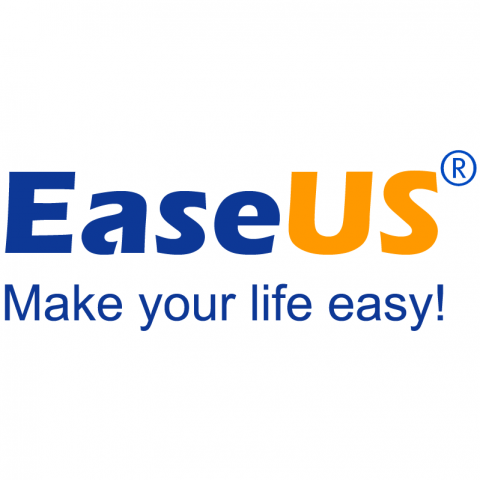When you first start getting to grips with programming, you will instantly realize what it means. Programming is power. Not only can programming help you to outsource many of the jobs you don’t want to do to an automated script, but it can also make you money, it can create amazing things, and it can put out huge volumes of work.
And perhaps no programming language has quite the same power as PHP, which can interact with the web and with web users in some truly unique ways to amazing effect. Read on and we’ll look at the basics of what PHP is, and just why it’s such a powerful thing to learn.
What is PHP?
PHP is a programming language just like C++, Basic or Python. What makes it different though is that it’s designed to run on servers. Servers are the big computers that ‘host’ websites and generate them when people visit those URLs and running code on them has a number of advantages.
For example, if you were to write code in JavaScript that you wanted to run on a user’s computer, they would first have to download that code and it would then run through their browser. The way that code was interpreted would depend partly on the power of the computer, partly on the screen size, and partly on the nature of the browser being used.
On the other hand though, if you wrote some PHP to run on your website, that code would be handled on the server and the result would be sent to the user’s PC and browser. That way you can be sure that the result will always look the same no matter what specs the user viewing it has. This is what gives PHP its name: ‘PHP: Hypertext Prepocessor’ (up, PHP is in the name, making it something of a paradox…).
Implications
The other benefit of PHP though is that it’s always online and that it can interact with files on a server. What this means is that it can allow your visitors to communicate with your server and create images and other files. Most web 2.0 features – such as the ability to upload pictures etc. – are only possible thanks to PHP.
Think what you could use this for on your site. Could creating a form help you to save time corresponding with clients? Could you get visitors to upload content to your site so you don’t have to spend time writing it yourself?
Furthermore, because PHP can communicate with other servers, this means that you can write scripts that do other things around the web. Thus it is a tool used by many hackers, and also by sites like Google where it is used to collect all the information it can online to store in a giant database.
PHP allows you to automate the retrieval and storage of information online, which is potentially a hugely beneficial ability.
To get started coding in PHP you will need a good book, as well as an ‘IDE’ or coding environment so that you can test changes without uploading them to a server.
Nancy Baker, the author of this post, is a freelance blogger who is currently writing for MBC, Managed IT Services. leading providers of IT managed services in Totonto She is passionate about cycling and is always looking to help amateur riders. You can also follow her on Twitter @Nancy Baker.





